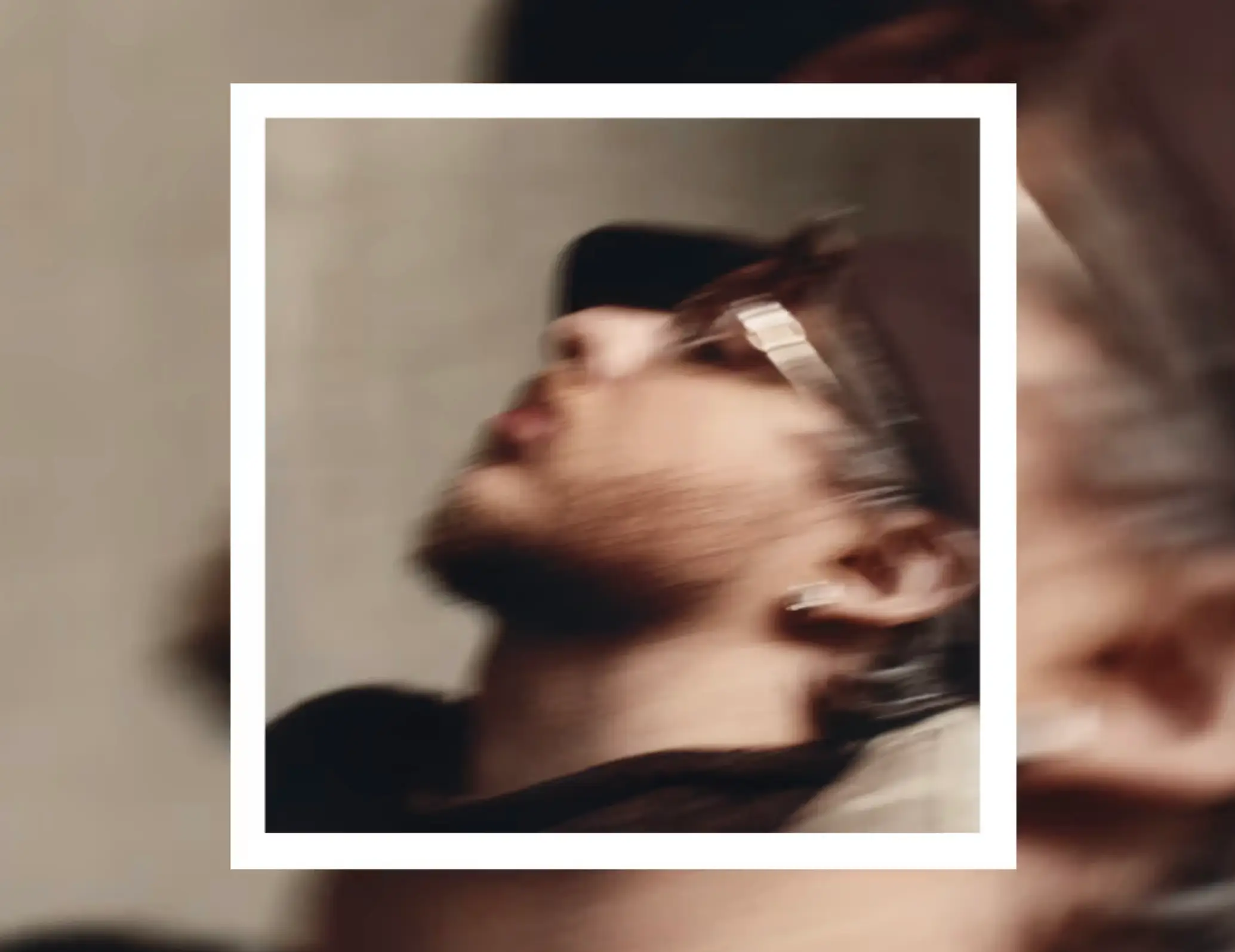In the glittering firmament of 21st-century global pop, few stars burn brighter—or more distinctively—than Rosé of BLACKPINK. With her unmistakable voice, wispy frame, and magnetic duality of fragility and fire, she has become one of the defining icons of a generation raised on social media, sonic maximalism, and transcultural fandom. But beyond the encores and emerald gowns, beyond the platinum plaques and haute couture campaigns, there remains a question few dare to ask: what happens when your face becomes a global language, and all you crave is to vanish?
This summer, Rosé rejoins BLACKPINK for what insiders call their most ambitious tour cycle yet. The mothership is fully operational again—Jennie, Jisoo, Lisa, and Rosé back in tandem, a choreography of chemistry and charm built from years of perfect synchronization. But Rosé returns not merely as a member of the world’s most famous girl group—she returns as a record-breaking soloist who has tasted the euphoric autonomy of individual expression. And in a revealing, rare editorial sit-down, she poses a truth both startling and disarming: “What does freedom look like to me? Being anonymous.”
The phrase hangs in the air with a strange electricity, like the last note of a stadium ballad. For Rosé, who’s lived a life of curated spectacle since her early teens, anonymity isn’t absence. It’s longing.
Becoming Rosé: From Melbourne Dreamer to Global Superstar
Born Roseanne Park in Auckland, New Zealand and raised in Melbourne, Australia, Rosé’s trajectory to K-pop royalty was neither random nor engineered. It was forged in practice rooms and parental prayers, long nights of uncertainty and daily rituals of discipline. At 15, after winning a YG Entertainment audition in Sydney, she moved to Seoul, trading suburban afternoons for grueling training regimes. The rest, as they say, became a masterclass in modern myth-making.
Debuting in 2016 as the main vocalist and lead dancer of BLACKPINK, Rosé quickly stood out—not just for her willowy silhouette or melancholic vocal tone, but for her ability to convey vulnerability in an industry often obsessed with precision. Her voice—delicate, slightly husky, with a whispering ache—sounded like the feeling of standing alone in a city of strangers. It became the unofficial moodboard of a global youth grappling with distance, digital saturation, and dreams that feel both too big and too late.
By the time she released her first solo project, R, in 2021, featuring the record-breaking single “On The Ground,” she had already cemented herself as the group’s introspective core. The track’s lyrics—“I worked my whole life just to get high, just to realize everything I need is on the ground”—felt like a confession delivered through a megaphone.
The Solo Era: Record-Breaking Yet Reclusive
In 2024, Rosé’s second solo release, Still Life with Strings, became a cultural earthquake. Blending acoustic folk with orchestral arrangements and featuring collaborations with everyone from Yo-Yo Ma to Phoebe Bridgers, the project was met with universal acclaim. It shattered records previously held by Taylor Swift and Adele in South Korea and dominated Billboard’s Global 200 chart for weeks.
But instead of chasing its momentum with talk shows or product lines, Rosé went quiet. There were sightings in Paris cafés, rumors of writing retreats in Norway, and a few brief appearances at Saint Laurent events (for whom she is a global ambassador). But musically, she receded.
“I just wanted to walk,” she says now, seated in a private studio north of Seoul. “Just walk. With no security detail. To go to a bakery and not feel eyes, not wonder how I look chewing.”
This wasn’t a dramatic disappearance—it was a deliberate act of preservation. For Rosé, still only 27, fame had become a fractal reality: beautiful from afar, dizzying up close. And in its center, the hunger for anonymity—not to be unknown, but to be unobserved.
The Paradox of the Idol: Visibility vs. Identity
K-pop, by design, is a system of hyper-visibility. From debut, idols are tracked, packaged, and refined into brands. Every emotion becomes a GIF. Every silence becomes a headline. In such a world, maintaining a coherent self—one that isn’t merely a performance—requires a kind of emotional cartography few are trained to navigate.
Rosé, it turns out, has always been drawing escape routes. In her downtime, she sketches. “Not always things. Sometimes just colors. Or waves.” She journals daily, has recently taken up sculpting, and listens obsessively to Joni Mitchell and Sufjan Stevens. Her playlists aren’t curated for virality; they’re reflective, almost hermitic.
“Sometimes I’ll hear a song and think, this would’ve been the soundtrack to a life I didn’t live.”
These quiet practices—far from the content churn of K-pop expectations—are what keep her tethered. “Being Rosé is public. But being Roseanne… that’s mine.”
Rejoining BLACKPINK: A Reunion With Shadows and Light
Returning to BLACKPINK this year means entering a machine that’s both familiar and mythic. The group’s world tour, rumored to include a groundbreaking immersive stage design and augmented reality features, is less a comeback than a coronation. They’re not just a girl group anymore—they’re a global force, credited with reshaping how Asian performers are viewed in the West and how women in pop can balance fierceness with femininity.
But for Rosé, the reunion is also about recalibration. “We’re different now. We’ve seen the world in different ways. That makes us stronger, but also… quieter. More aware of how rare this is.”
On stage, she still performs with the intensity of someone exorcising invisible ghosts. Offstage, she slips into oversized hoodies, tucks her hair under caps, and wanders art galleries alone. It’s not an act of withdrawal—it’s an act of reclamation.
What Freedom Really Means: Choosing When to Be Seen
The central tension of Rosé’s career—and indeed of modern celebrity—is the illusion that visibility equals freedom. But Rosé redefines this.
“To me, freedom isn’t doing whatever I want. It’s choosing when to be seen, and when not to be.”
It’s why she’s hesitant about a third solo album. It’s not about topping charts—it’s about meaning. “If I write it, I want it to be for something. Not just because people expect it.”
She speaks with the calm of someone who has already climbed the mountain, seen the view, and realized she prefers the forest below.
The Cultural Weight of Being Rosé
Rosé’s impact is impossible to overstate. As a Korean-New Zealander-Australian woman who operates fluently across languages, genres, and continents, she is a cipher for the global hybrid identity. For many young fans, she is a mirror—reflecting both the ache of displacement and the beauty of multitudes.
Her fashion choices spark global trends. Her interviews become syllabi for cultural critics. Yet she remains, somehow, untouched by the grotesqueries of fame. “People tell me I’m the soft one. But softness isn’t weakness. It’s clarity.”
In a culture that often demands more, Rosé offers less—but with greater resonance. A note held longer. A breath taken deeper. A decision to walk alone through a city at night without documenting it.
Anonymity as Power, Not Escape
As BLACKPINK prepares to dominate stadiums once more, Rosé stands at a fascinating intersection: global acclaim behind her, artistic uncertainty ahead. And yet, she doesn’t seem fearful. If anything, she seems liberated.
Her yearning for anonymity isn’t about erasure. It’s about choice. The power to exist beyond expectation. To speak without performing. To disappear, not in defeat, but in peace.
“I think people think I’m fragile,” she muses, “but you have to be strong to want to disappear. To not need applause to know you’re real.”
And so, the girl who once sang “Everything I need is on the ground” now says, perhaps everything she needs is in the unseen. In the quiet. In the anonymous spaces between song and silence.
No comments yet.









